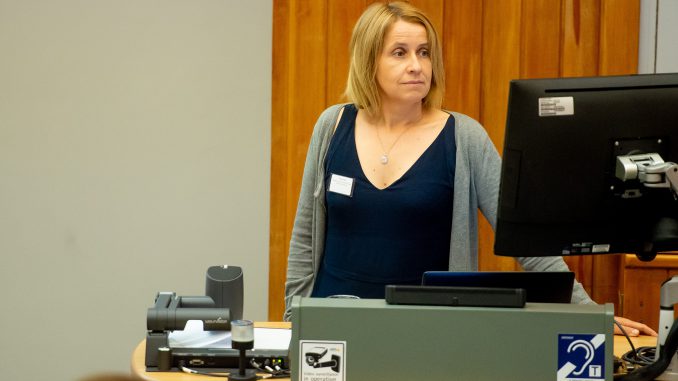
In this post, Nick Sarson, communications manager, interviews Annette Boaz, professor of health care research at Kingston University and St George’s, University of London about her research, plans under the ARC, and the value of working with those who use research evidence.
Q: What do you explore in your research?
My research explores the ways in which research influences policy and practice.
Q: How did you become involved in this area?
I started out as a political scientist. After a couple of years doing evaluations for government departments I began to suspect that the work we were doing wasn’t useful, useable or used. In 2000, I had an opportunity to spend some time on secondment in the Department of Health. It didn’t take long to dispel my fears about the potential for research evidence to be useful. I could see lots of ways we could do better research to make a difference and also potential routes to overcome barriers to use. So I went off and did a PhD on evidence use as part of a large Economic and Social Research Council investment in evidence-based policy and practice. I have been conducting research on the use of research evidence ever since. Much of this work has been in healthcare, but I have also looked at evidence use in other fields, including environmental policy and social care. With colleagues, I have just brought this learning together in an edited book: What Works Now – Evidence-Informed Policy and Practice.
Q: What will you be working on at the ARC?
I’m a member of the ARC’s patient and public involvement (PPI) research theme. The study I am working on with Mary Chambers and Ali O’Shea at Kingston University and St George’s, University of London will be looking at how PPI impacts on decision making within clinical commissioning groups (CCGs) and sustainability and transformation partnerships (STPs). This is building on a small pilot study we did at the CLAHRC, which suggested that despite all the PPI activity within CCG structures, there wasn’t much of a connection between PPI processes and decision making.
Q: What do you see as the value of collaborative health and social care organisations like ours?
Collaboration is often highlighted as a mechanism for promoting the use of research evidence. If we connect with local communities and local provider organisations, we can conduct research that is more relevant to local needs. We can also build relationships to support the uptake of research findings. There is a growing interesting in even closer collaboration where partners work to co-produce research. I hope this will be a feature of ARC South London’s work.
Q: You will be starting an Economic and Social Research Council (ESRC) fellowship supporting evidence use in government soon. Can you tell about this?
For the next year I am undertaking an ESRC fellowship based in the Government Office for Science (GO-Science). Each government department has to produce and publish its areas of research interest. I will be working with GO-Science to support departments in developing these areas of research interest and also in engaging with the academic community around their areas of interest. This is an opportunity for me to put into practice some of the findings from the research I have been doing over the last 20 years.
Q: What advice do you have for researchers on producing evidence that can impact on policy?
It is invaluable to build long-term relationships with policymakers, practitioners and analysts. Getting to understand the needs of those who might use our research, the constraints they experience and their priorities can help us produce more relevant research. However, I wouldn’t underplay the challenges in promoting the use of research evidence. Most people who get involved in research do so because they want to make a difference. However, they rarely have access to training and support to pursue this goal. This is made all the more challenging by the fact that influencing policy is rarely a simple, straightforward process. Hopefully one of the things we can achieve through the ARCs is to highlight the importance of producing evidence than can impact on policy and supporting researchers who want to make this a key feature of their academic work.

Leave a Reply